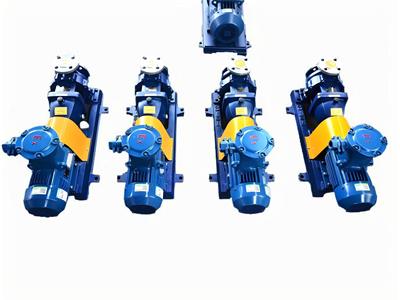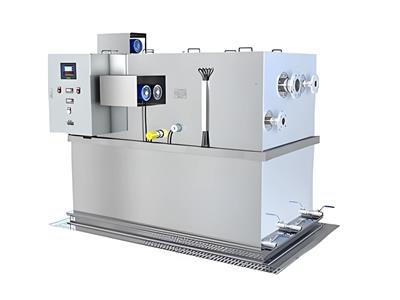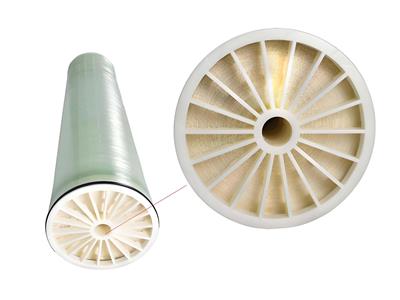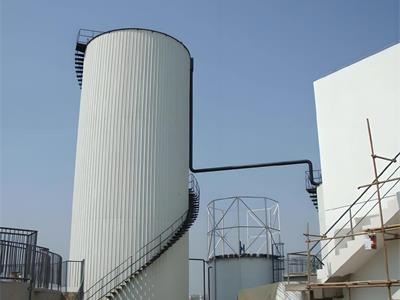- 2025-07-07
Anaerobic
Anaerobic refers to biological chemical processes that occur in the absence of oxygen, with typical examples such as the breakdown of organic matter by bacteria in UASB reactors. The core mechanism of this process involves the degradation of organic matter in wastewater through microbial metabolism, with no dissolved oxygen required throughout. Notably, anaerobic bacteria can obtain oxygen from combined oxygen in compounds (such as nitrate, sulfate) or directly from oxygen-containing biomass. This characteristic makes anaerobic systems valuable in the treatment of wastewater from the food and beverage industry and municipal sewage treatment plants.
Advantages of Anaerobic Treatment
As a key technology for treating highly polluted wastewater, anaerobic treatment has two core advantages over traditional aerobic activated sludge methods:
Energy recovery: The decomposition process produces flammable gases such as methane, achieving combined heat and power generation
Sludge reduction: The rate of microbial proliferation is significantly lower than that of aerobic processes, resulting in a sludge generation reduction of over 70%






